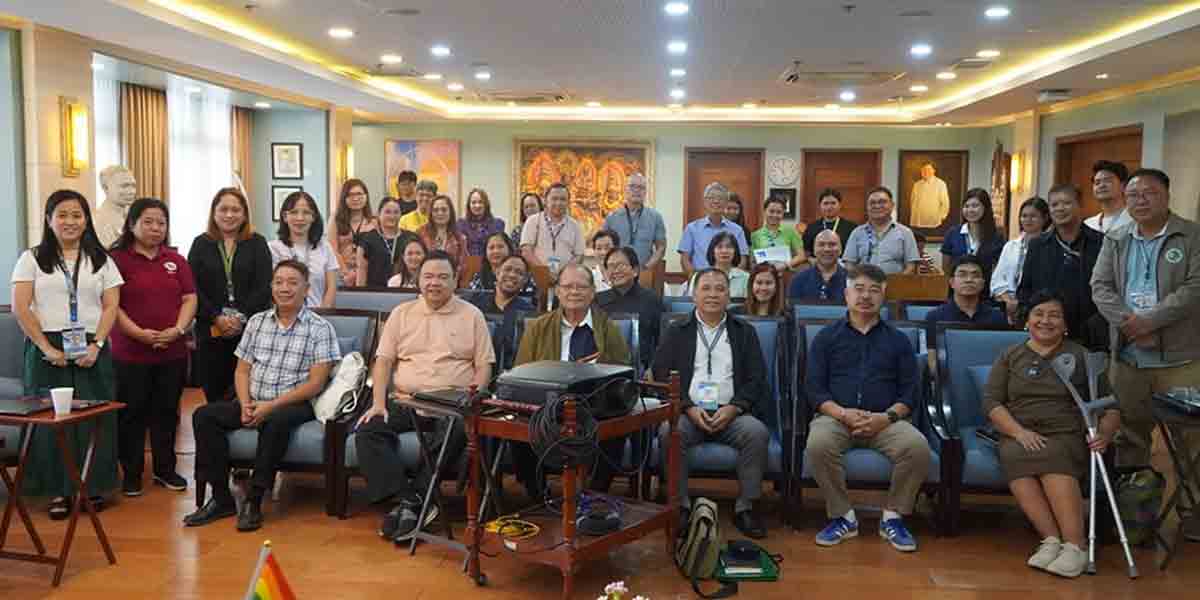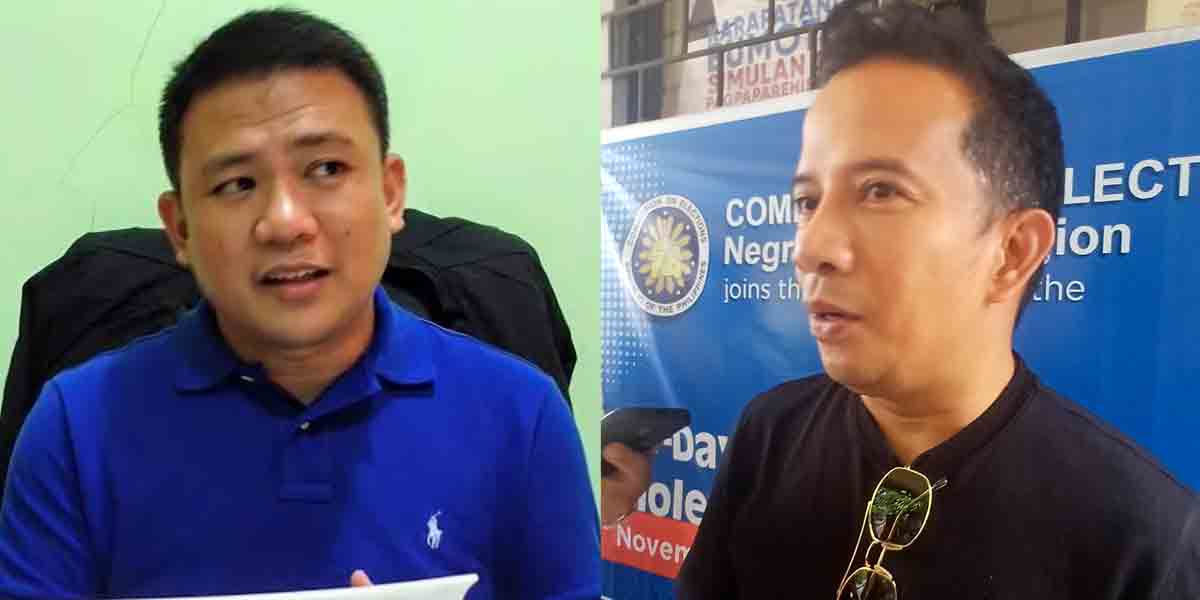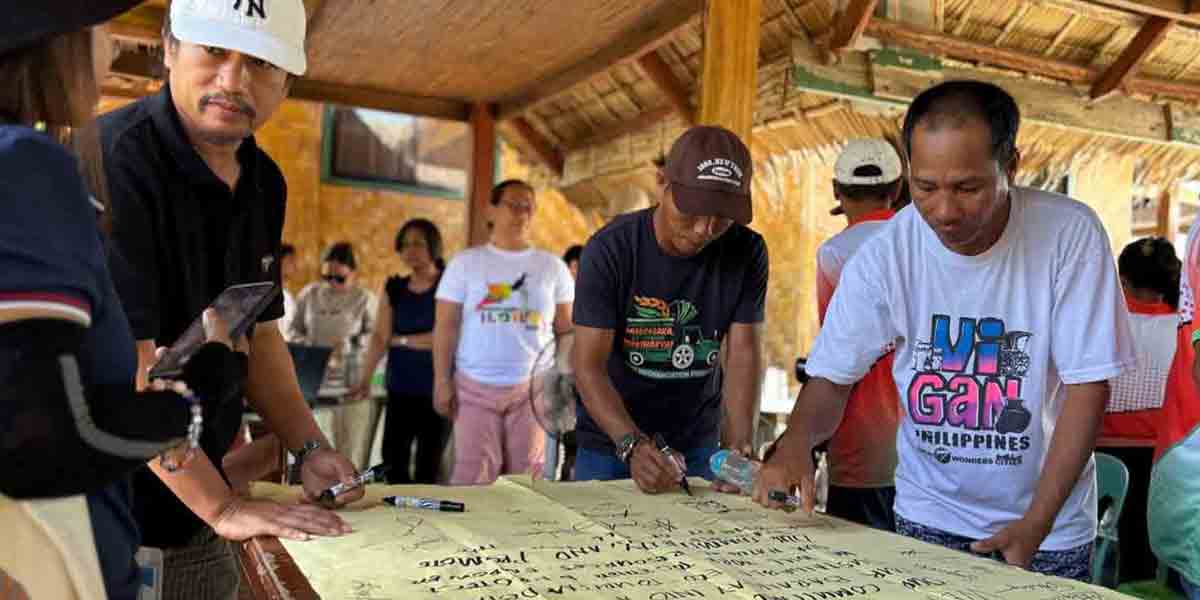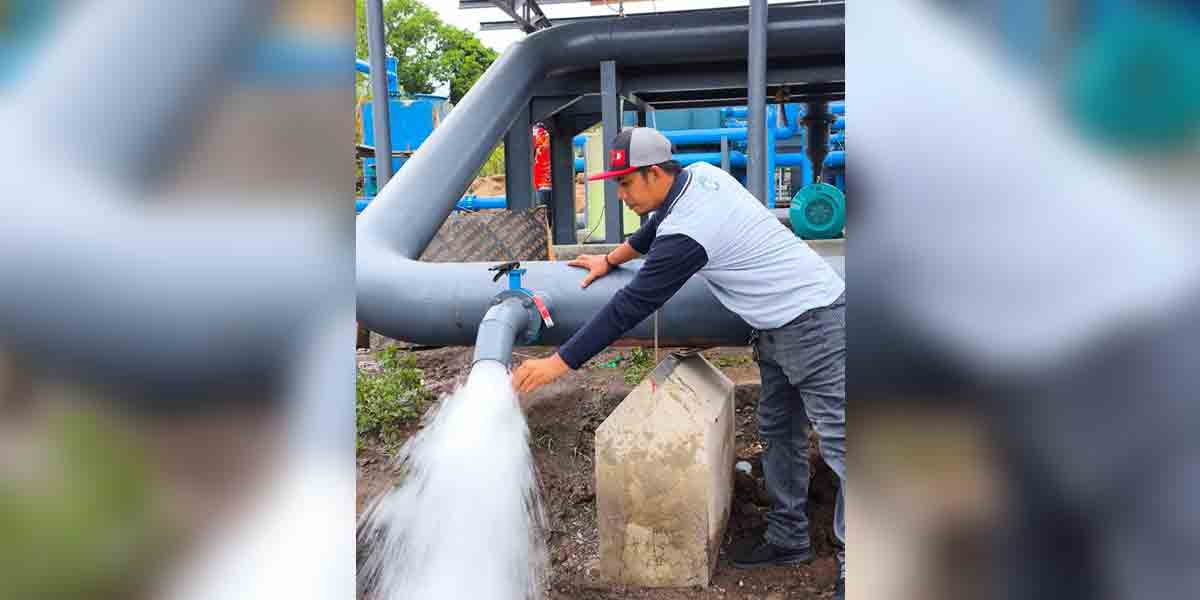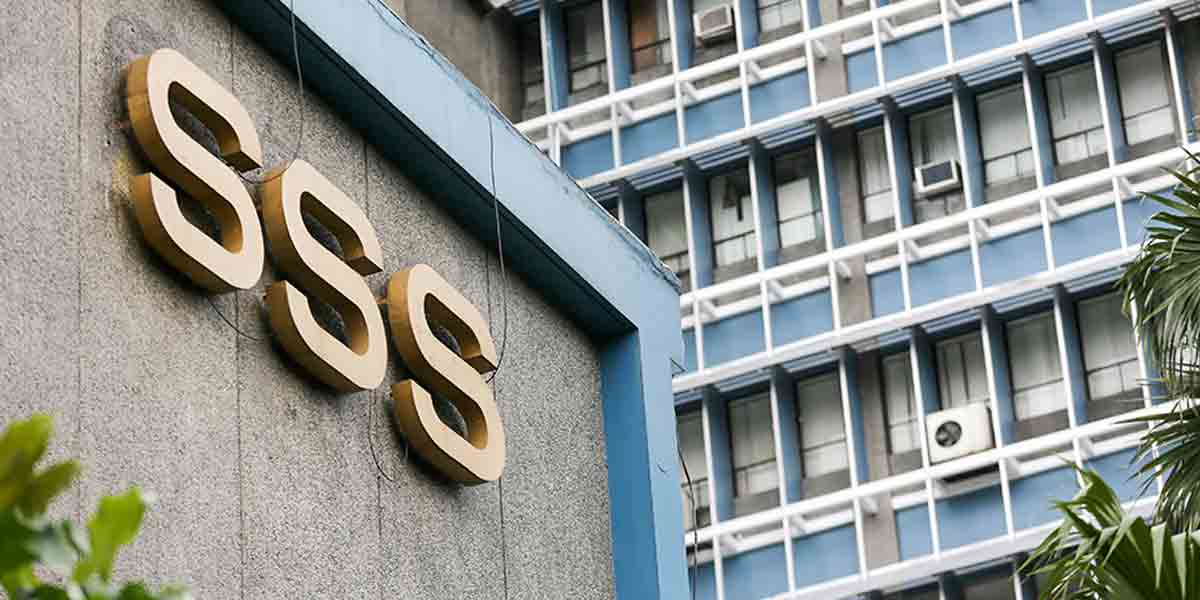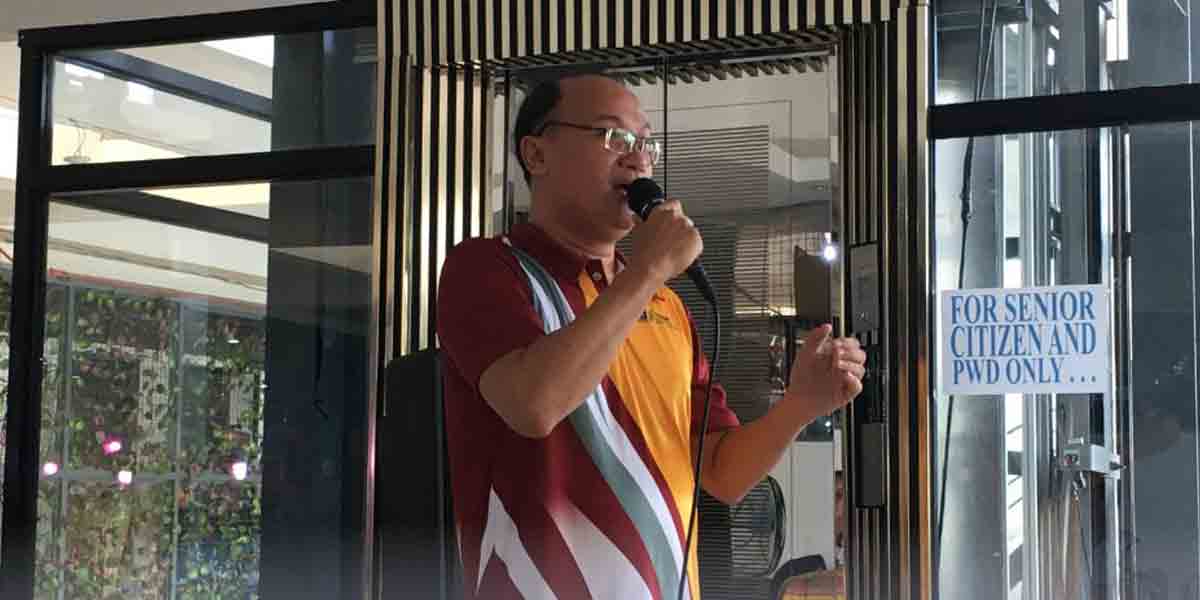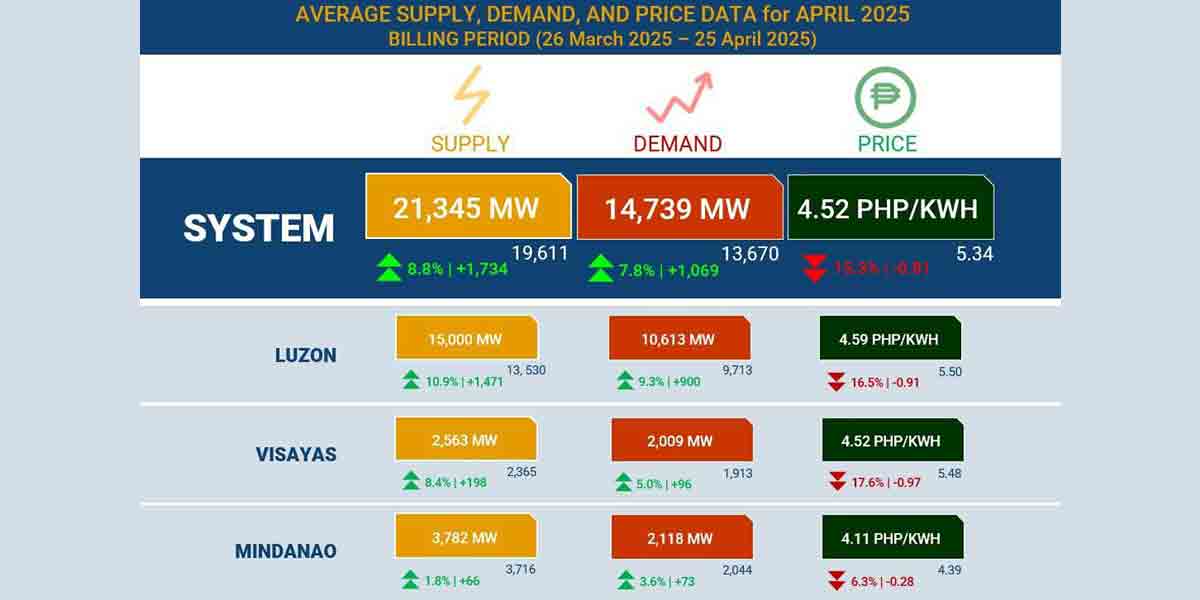Comelec Chair George Erwin Garcia’s renewed call for urgent election law reforms is not just timely—it is long overdue.
His reminder came during a recent Philippine Press Institute forum, ahead of the May 2025 midterm elections. There, he outlined a grim truth: the Commission on Elections remains hamstrung by outdated laws that can no longer address the threats of a modern electoral battlefield. That battlefield now includes digital vote-buying, premature campaigning, online disinformation, and the haunting specter of political violence.
Garcia’s reference to the 2009 Maguindanao massacre—a national trauma that claimed 58 lives, including 34 journalists—was more than historical reflection. It was a warning.
Because that massacre occurred outside the official campaign period, Comelec had no legal basis to declare the area under its control, impose a gun ban, or establish checkpoints. That legal vacuum, codified by the 2009 Supreme Court ruling in Penera vs. Comelec, still exists today. If another such threat arises before the official campaign window opens, the poll body may again be powerless to act decisively.
The danger is not theoretical. It is imminent.
Since 2009, the Commission has repeatedly urged Congress to revise the laws governing elections, particularly those dealing with premature campaigning and election period regulation. Yet no substantive legislation has been passed.
In short: Garcia is right—but who’s listening?
What we face now is a 21st-century digital democracy governed by a 20th-century legal framework. Our current election code—largely rooted in Republic Act No. 9369 and other pre-social media statutes—was not designed for a world of GCash vote-buying, troll armies, deepfakes, and livestreamed campaign rallies. These are today’s election weapons, and they do not operate within the timelines or assumptions of outdated legal doctrines.
The Comelec cannot act against premature campaigning because, legally, it does not exist. It cannot trace or audit digital wallet transactions used for vote-buying, because the law makes no such provision. It cannot act on real-time digital disinformation unless an actual violation of law occurs—and even then, the wheels of regulation move too slowly to counter virality.
Yet Congress, despite seeing these problems up close every election cycle, continues to sit on its hands.
This inaction is not innocent.
Those who benefit most from legal ambiguity are often the very people who write our laws. Early campaigners. Vote-buyers. Operators of political networks who understand exactly where regulation ends and loopholes begin. They thrive in the grey areas where Comelec has no jurisdiction.
Garcia’s admission that the Comelec is merely an enforcer—not a lawmaker—is not an evasion of duty. It is a sobering institutional fact. The agency can only implement laws as written and interpreted by the courts. It cannot anticipate problems unless the law gives it the tools to do so.
To address these gaps, the Philippines needs nothing short of an omnibus election code overhaul.
It must begin with a multi-sectoral review involving Comelec, Congress, civil society, tech experts, the legal community, and watchdog organizations. Any reform that fails to confront digital election manipulation, campaign finance opacity, and the erosion of public trust in institutions will simply replicate our past mistakes in more dangerous ways.
The clock is ticking.
May 2025 is fast approaching, and the signs of political maneuvering are already visible on social media, in barangay halls, and through backchannel campaigns fueled by digital money. If another Maguindanao-level crisis occurs during the filing of candidacies or just before the official campaign begins, we will have no excuse.
We were warned. Repeatedly.
The question now is not whether the Comelec is prepared to act. It is whether Congress—and by extension, the public—will finally give it the power to do so.

